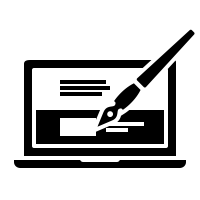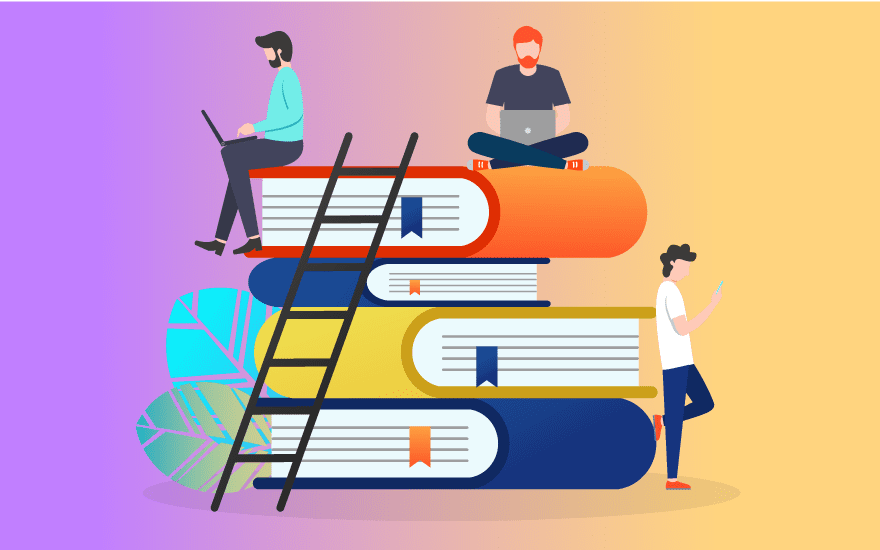The violent demonstrations that erupted in Cuba in early July were the country's first major civil unrest since the 1994 "Maleconazo." Both of these times were marked by severe economic downturns.
The US adopted the Torricelli Act of 1992 and the Helms-Burton Act of 1996 to block Cuba's commercial and financial connections with the rest of the world, betting on the collapse of Cuban socialism. Meanwhile, from Clinton's people-to-people programs through Bush's Commission for a Free Cuba, increasingly complex and multidimensional "regime change" programs were devised. The US Congress appropriated $284 million to promote (capitalist) democracy from the mid-1990s through 2015.
The Cuban revolution has endured for three decades. It prospered in some sectors, such as biotechnology and medical internationalism. However, as a direct result of US sanctions, conditions similar to the "special time" have returned to Cuba since 2019. The Trump administration imposed 243 additional coercive measures against Cuba, obstructing its access to international commerce, banking, and investments at a time when foreign money was being enlisted to help the island grow. Food, gasoline, basic products, and medical supplies are all in low supply, which was unavoidable and planned. While Cuba possesses Covid-19 vaccinations, it is unable to purchase enough syringes to deliver them, as well as medical ventilators for its ICU units.
Cubans' ability to "resolver" (fix problems through alternate channels) and socialize has been hampered by severe sanitary restrictions enforced by Cuban authorities in reaction to the pandemic. Even while infection and fatality rates are modest in comparison to the rest of the area, the number of Covid cases continues to rise, causing concern among Cubans. People in every Cuban home take turns to get up early in the morning to join lines for basic necessities. It should come as no surprise that there is a sense of irritation and dissatisfaction.
Cuba's opponents hold the government responsible for the daily difficulties that Cubans endure, rejecting US sanctions as an excuse. This is like criticizing someone for not being able to swim while they are tethered to the ground. The blockade of Cuba by the United States is genuine. It is the world's longest and most comprehensive system of unilateral sanctions against any country. It has an impact on every area of life in Cuba.
On June 23, a total of 184 nations backed Cuba's motion for the lifting of the US embargo at the United Nations General Assembly. Cuba has won the vote for the 29th year in a row. Rodney Hunter, the US representative, stated that sanctions were a "legal means to achieve foreign policy, national security, and other national and international goals."
In recent years, social media has become another important tool. In 2018, Trump established an internet task force to encourage “the open and unfettered flow of information” to Cuba, at the same time as the nation increased facilities for Cubans to use their phones to access the internet. The social media campaign, in which Miami-based influencers and YouTubers encourage Cubans on the island to go to the streets, was ramped up this summer. As natural and genuine as this may appear, it is financed and coordinated by the United States.








.jpg)

0 Comments